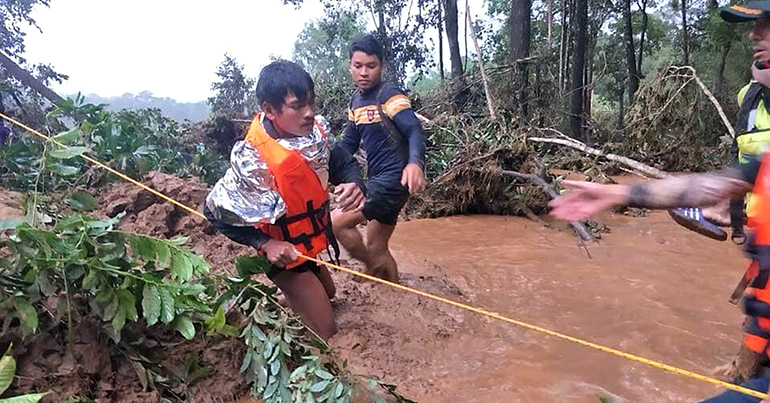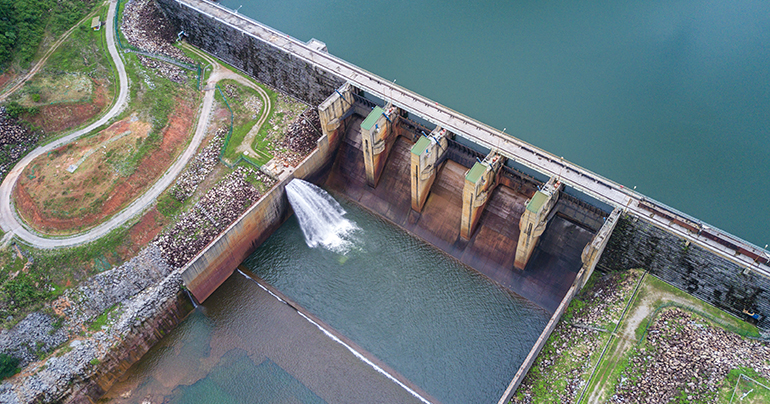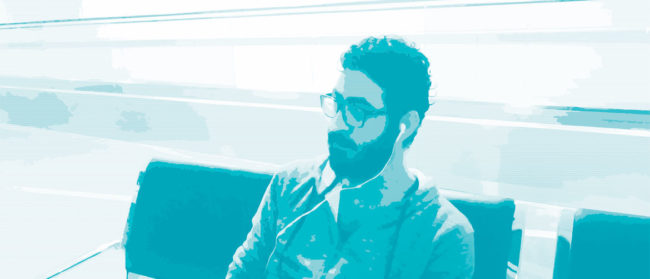Dead in the Water delves into what lessons can be learned from the development of the World Bank-funded Nam Thuen 2 (NT2) hydropower dam in Laos.
Drawing on research and analysis conducted by experts before, during and after the dam’s completion in 2010, the book highlights the systemic failures to properly address the social and environmental impacts the dam has had on local populations and ecosystems, resulting in the project being widely regarded as failing to better the lives of the people of Laos.
Southeast Asia Globe talks to Bruce Shoemaker, an independent researcher and one of the book’s editors and co-authors, about the future of big hydro in the region in the wake of the Xe Pian-Xe Nam Noy dam collapse in Laos earlier this year and if Southeast Asian governments and developers are reconsidering the need to invest in hydropower.
You’re currently touring the book throughout Southeast Asia. What are some of the responses you’ve received from the general public? What is their attitude toward hydropower dam development?
I think the fact that our book was published three weeks before the Xe-Pian Xe-Namnoy dam collapse disaster in Laos is very interesting timing; it came out at a time when there was increased attention to hydropower in Laos and the Mekong region. I know a lot of the local civil society organisations expressed a lot of interest in learning more about what’s been happening in Laos given the recent disaster and the fact that the World Bank and International Finance Corporation (IFC) are actively involved in the hydropower sector in Myanmar now, so people seem very interested in learning lessons about what’s happening in Laos.
What are some of the key lessons that should be learned from your book and the NT2 project as a whole by both the financial sector and development sector?
One is certainly on large-scale resettlement of people, especially those from indigenous backgrounds or those whose livelihoods depend on natural resources. It’s extremely challenging, if not impossible, to successfully restore their livelihoods and protect their cultures when you do a massive resettlement. There’ll probably never be as many resources put into resettlement as there was for NT2, and it’s still not at all sustainable many years later.
Another one would be the limited influence even large institutions like the World Bank can have to actually make something happen in a sovereign country, despite all their money, advisors and assurances they could make something work in a certain way, it didn’t.
The book highlights that, despite the years of consultation work, these institutions seem to fail to recognise, or are unable to reconcile, the contextual issues that are present in Laos and the region. How can developers who want to alleviate poverty address these issues?
I fundamentally think we have to question whether it makes sense to do large-scale development projects through authoritarian regimes in situations where people aren’t actually able to speak up. To a large extent this is about people’s participation in the decisions that affect their lives tremendously. I think we’ve had a lot of international development institutions completely overlook that in their willingness and wanting to keep their programmes going, keep the money flowing and continue to support countries where there’s obviously need, but I see we’ve just ended up banging our heads against the wall time and again.
I don’t think you can fine tune your approaches to working in countries like this; I just don’t know if it actually makes sense to support large projects that have as many governance problems as Laos does.

There’s a sense in the book that NT2 was one of the milestones for unchecked hydropower development in the region that has little sign of slowing down. Is this a fair assessment?
I think the process of planning and approving NT2 set up the whole financial system. The World Bank helped rewrite Laos law on the concession agreement for these types of large projects. The sector was already starting to emerge, so I can’t put it all on the World Bank and the Asian Development Bank, but they were both involved and I think do bear a certain amount of responsibility.
You attended the World Bank AGM last month. Based on the Xe-Pian Xe-Namnoy dam collapse do you feel there’s some momentum to counter hydropower? Is the World Bank listening and taking these factors into consideration when deciding on future projects?
I’m going to meet the World Bank folks in about a week. Despite us being invited to do this session at the World Bank AGM and inviting the World Bank to participate and getting initial indications that they would, a couple of weeks before they told us they were not providing any staff to come to the session, and then there wasn’t even any World Bank people in the room. Their excuse was they were busy, but being busy is a euphemism of having other priorities.
Would other emerging financial institutions – that may not have the same human rights or environmental concerns when funding projects – be phased at all by something like the Laos dam collapse in terms of their choice of investment?
I would hope so; in terms of the Asian Infrastructure Investment Bank there hasn’t really been enough time for it to have much of a track record. I don’t discount the idea of there being some concern in China moving forward around the impacts of their projects. I think it would be dismissive of China and Chinese people to think there’s no concern over those issues, so I’d say the jury is still out on that.
If these institutions aren’t listening, what do you think it will take to change the industry’s current trajectory?
One thing is government regulation and obviously there’s little or none of that in Laos and it’s been way too easy for these [foreign] companies to go ahead with these [large-scale hydroelectric dam] projects without having any accountability or oversight over what they’re doing and maybe there’s more potential for that.
I know there is South Korean media focusing on the Xe-Pian Xe-Namnoy project and some civil society groups, so hopefully there can be some level of accountability. I don’t see the companies doing it themselves without some external pressure from either government regulation and oversight or media and civil society scrutiny – it’s got to be some combination of both.
*Update 26/11/18: Shoemaker was supposed to meet with representatives of the World Bank in Laos, hosted by the Australian embassy. That meeting never went ahead. Shoemaker offered this explanation:
“Disappointingly, the Australian embassy in Laos, which had agreed to host a discussion [about the book] with large donors and international foreign investors (IFIs) – including the World Bank and ADB – backed out shortly before the meeting was [due] to take place. It seems that some of the invested IFIs were uncomfortable having a critical discussion and so pressured the Australian Embassy and Department of Foreign Affairs and Trade to cancel the meeting.”


